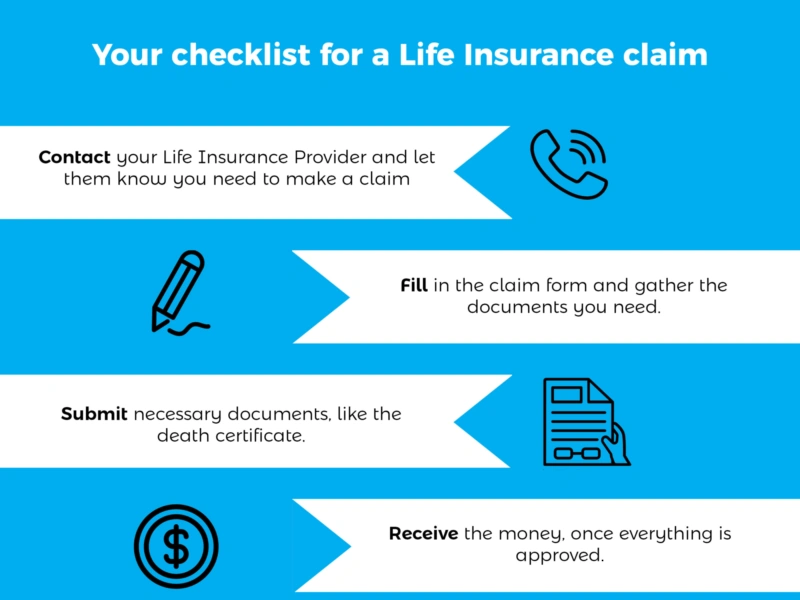
Hands up, who actually reads their insurance policy documents? You’re not alone. Three in five adults in the UK don’t read the terms and conditions when they take out an insurance policy (according to a report on the life insurance sector by global market researchers, Mintel in 2005.)
Not much has changed since then. Part of this has to be that insurance policies are often tough to digest, littered as they are with complex language and clauses. What makes this worse is the fact that there is absolutely no need for it. (It's a recurring theme from us but I'll say it again - life insurance has always been a simple product, it’s just that traditional insurers have done a great job making it complicated.)
Pinnacle Life has completely rewritten all its life insurance documents so that when you buy a policy you can understand exactly what you are getting, without needing a PhD in insurance! Gone is the insurance-speak and the legal mumbo jumbo, so no need for an expert to guide you through it.
Check out our sample policy document on the Pinnacle Life website . You’ll see what I mean.
In the meantime, here's some quick insurance jargon that's helpful to understand:
Insured event
This is the reason you’re taking out insurance. For example, if you’re taking out accident insurance then the insured event is ‘an accident’.
Insured Person
This is the person who is covered under the policy. If it’s a life insurance policy, then it’s the insured person’s life that’s covered.
Sum Insured or cover amount
This is the amount that will be paid out under the insurance policy.
Insurance Policy
This is what insurance people call the contract that binds the insurance company and the ‘insured person’. Why not just call it a 'contract' or 'agreement'?? Dunno.
Policy Owner
This is the person that is entitled to authorise changes to the policy and is generally responsible for premium payments.
Premiums
These are your regular life insurance payments... typically monthly. Why the insurance industry had to invent it's own word to replace the perfectly good word 'payment', I'll never know.
Single Premium
Sometimes insurance companies offer you the opportunity to pay your premiums as single instalment when the policy starts.
Stepped Premiums
Many life insurance policies have premiums that increase on a regular basis to match the risks associated with your advancing age.
Level Premiums
Some insurance policies have premiums that do not increase; they remain the same each year.
Voiding a Policy
If you are untruthful when you apply for an insurance policy or when you make a claim, the insurance company can cancel your policy as if it had never existed and without having to pay back your premiums.
Beneficiary
This is who the insurance company pays the proceeds of a life insurance claim to. It is usually a person, but can also be a Trust or a company.
Rider benefits
This term is used to describe additional insurance cover of a different type added onto a policy; for example, a disability benefit added onto a life insurance policy.
Accelerated benefit
Let’s say you have life cover for $100,000 and this includes an accelerated benefit of $20,000 for terminal illness. Then if the $20,000 is paid out for a terminal illness claim, the remaining life cover reduces to $80,000.
Waiver of premiums
Some policies have a benefit such that the life insurance company will waive your premiums in circumstances where your income is interrupted.
CPI Indexing
This is where the insurance company automatically ads a CPI increase to your cover amount each year to keep pace with inflation





